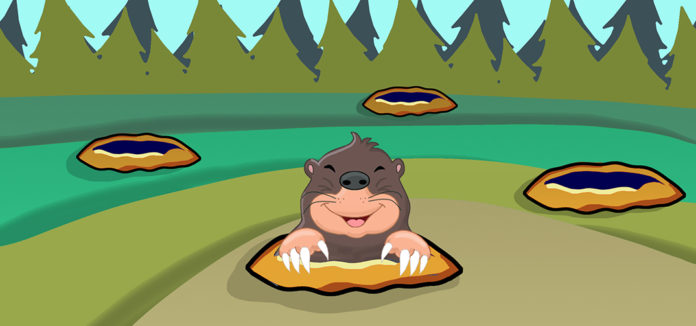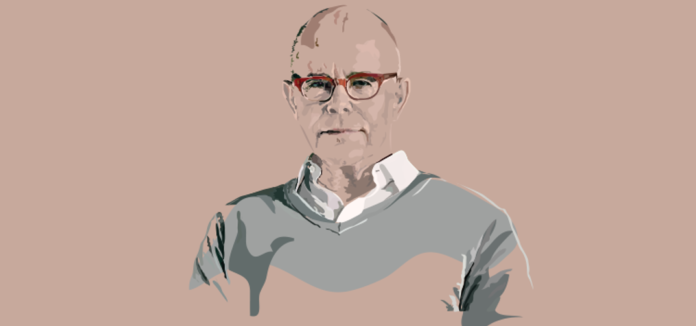“Do you ever feel that people are out to get you?”
I ask new patients this question. I am trying to assess whether the person has paranoid ideation—an exaggerated belief that they are being harassed or treated unfairly. A paranoid person might interpret a seemingly benign as confirmation that they are being targeted. Bird poop landing on their head is proof of a conspiracy.
Paranoid ideation may suggest something serious like schizophrenia or schizoaffective disorder, especially when it is observed in combination with additional odd or unusual thoughts. That said, there are many people who feel like the universe is conspiring against them who do not suffer from a serious mental illness. They may simply be pessimists or, as they call themselves, realists.
Sometimes people feel this way when they are stressed out or feeling overwhelmed. When each day seems like a game of Wac-a-mole, it is easy to become defensive or take things personally. Every negative experience is seen as further evidence that the world is a hostile place full of selfish people. Even an ambiguous interaction or incident gets interpreted negatively. Daily stress reduces willingness to give someone the benefit of the doubt. If the barista doesn’t put enough milk in their latte, she is incompetent. If a spouse forgets to pick up the laundry, he is self-centered.
It’s a slippery slope. When someone thinks this way, it is challenging to convince them otherwise. Every rain drop is a personal affront. As one patient put it, “it’s me against the world.”
For those who are stuck in a me-versus-the-world mindset, I have found it is sometimes helpful for them to imagine an entirely different orientation. Instead of paranoia, I ask them to consider the concept of “pronoia”—the unshakable belief that others are out to help them. It’s a fundamental belief in the goodness in others and in the world.
Pronoia may be detrimental if taken too literally, but overall, it is a useful concept. I find it is most helpful when we use it, not to challenge beliefs about ourselves, but when we use it to challenge the way we view others. It is tempting to assume negative intent and that people do not wish us well. As children, we learn not to trust other people and to guard against being taken advantage of or harmed by malicious strangers. These feelings are amplified when we are stressed out and in survival mode. For most of us, our default mode is to assume the worst.
As a child, I assumed the worst about the nurse who worked in my pediatrician’s office. She was the one who gave me shots. I am told that I bit her on one occasion (I swear I don’t recall) so I imagine she wasn’t particularly fond of me either. In my mind, she was a heartless and cruel woman who loved jabbing needles into the bony upper arms of defenseless sweet children like me. Looking back, I recognize that her hostility was probably all in my head.
Studies show that how we read other people’s intentions shapes our experience of the world. When we assume negative intent, as I did with the nurse, our experience is far more unpleasant than when we perceive that they wish us well.
A study by University of Maryland’s Kurt Gray underscores the power of perception: in the study, entitled The Power of Good Intentions, three groups were given identical unpleasant electric shocks by a person they were paired with. The first group was told that the shock was by accident and beyond their partner’s awareness. The second group was told that they were being shocked on purpose but for no reason. The third group was told that they were being shocked on purpose because another person was trying to help them win money. Those in this third group experienced significantly less pain than those in the other two groups.
Assuming positive intent has implications beyond this experiment and my interactions with a pediatric nurse. As Gray explains:
“To the extent that we view others as benevolent instead of malicious, the harms they inflict upon us should hurt less, and the good things they do for us should cause more pleasure…Stolen parking places cut less deep when we think well of others.”
I wish I had known this years ago. The shots from the pediatric nurse might have hurt less and I probably wouldn’t have bitten her.
Yes, life is definitely a little better when we assume positive intent. Pepsi Chairman and CEO Indra Nooyi underscores the benefits of this mindset in the workplace and beyond:
My father was an absolutely wonderful human being. From him I learned to always assume positive intent. Whatever anybody says or does, assume positive intent. You will be amazed at how your whole approach to a person or problem becomes very different. When you assume negative intent, you’re angry. If you take away that anger and assume positive intent, you will be amazed.
Go ahead and amaze yourself.
I wish you all the best,
Dr. Samantha Boardman







